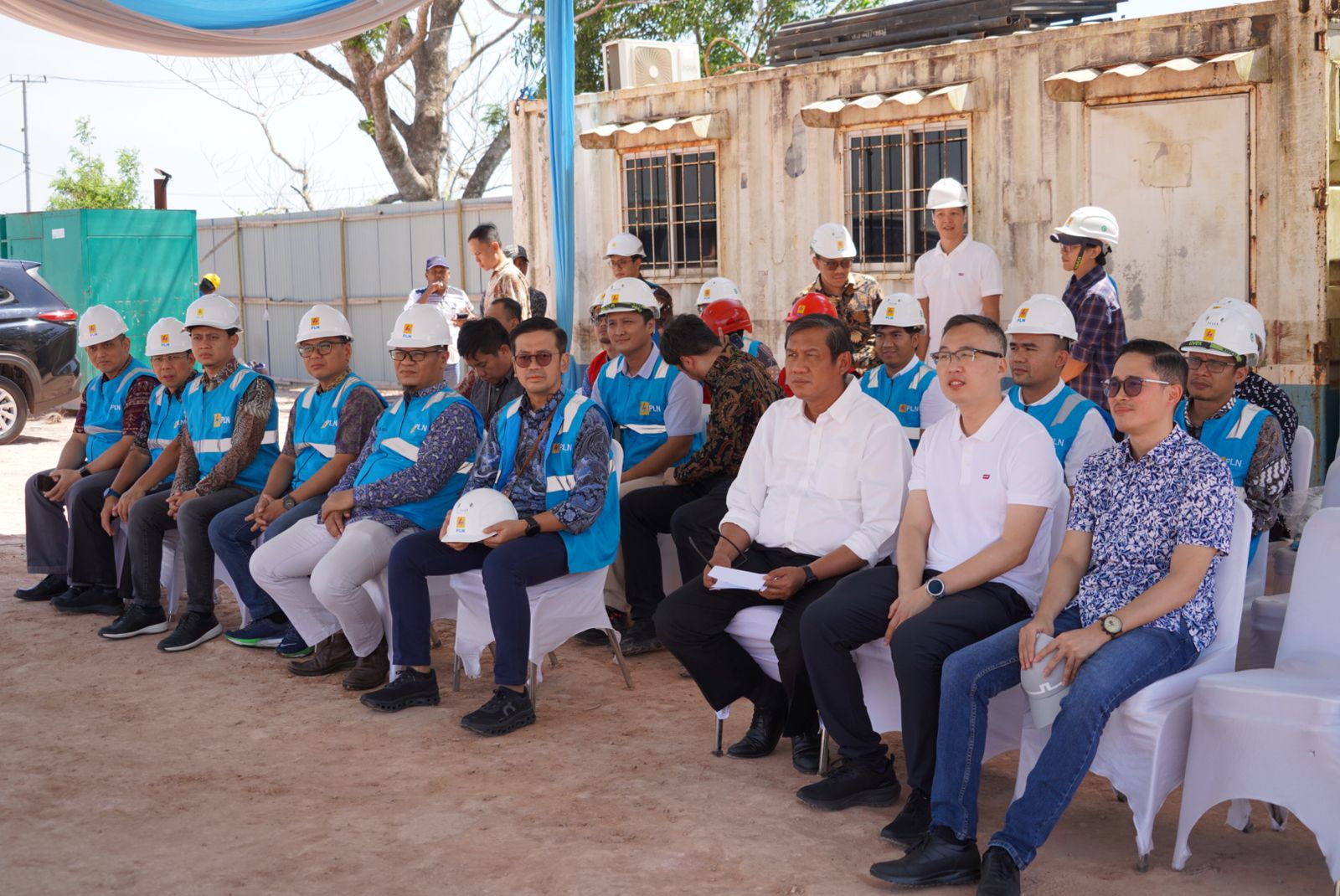In recent years, Indonesian cities have been overwhelmed by mounting waste problems, a consequence of rapid urbanization and population growth. Palembang, a major city in South Sumatra, has found itself facing a similar challenge—generating over 1,200 tons of waste each day. But instead of being buried in landfills, the city is now taking bold steps toward a sustainable future with the launch of the Palembang waste-to-energy project.
This ambitious initiative by the Palembang municipal government and key partners such as PLN and PT Indo Green Power aims to convert waste into electricity, turning a crisis into an opportunity for clean energy development. With a power plant set to generate 17.7 megawatts (MW), the project highlights the city's commitment to addressing waste sustainably while contributing to Indonesia’s renewable energy targets.
Turning Trash into Power: How It Works
At the heart of the Palembang waste-to-energy project is the use of incineration and advanced thermal technology to convert municipal solid waste (MSW) into electricity. The plant, located in the Keramasan area of Kertapati District, will process over 1,000 tons of waste per day. Instead of waste rotting in landfills and releasing methane—a potent greenhouse gas—it will now be combusted under controlled conditions to generate steam, which drives turbines to produce electricity.
This clean energy is then transmitted to the local grid and distributed across Palembang. The plant is expected to deliver 17.7 MW of energy, enough to power thousands of households while significantly reducing the city’s carbon footprint.
The project aligns with Indonesia’s broader strategy to promote waste-to-energy facilities in large cities as part of Presidential Regulation No. 35 of 2018. This regulation calls for 12 major cities, including Jakarta, Surabaya, and Palembang, to develop eco-friendly waste treatment systems with energy recovery.
Government, Private Sector, and Community Collaboration
The Palembang waste-to-energy project is a result of effective public-private collaboration. PT Indo Green Power was selected to design, build, and operate the plant in partnership with the city government. PLN (Indonesia’s state-owned electricity company) will serve as the off-taker, integrating the produced electricity into the national power system.
This cooperation model ensures a shared responsibility among stakeholders—from managing logistics and technology to maintaining environmental standards and financial sustainability.
Beyond infrastructure, the government has also prioritized community involvement. Local residents are being educated on waste segregation to improve the efficiency of energy conversion. By separating organic and non-organic waste, the plant can operate more smoothly, and the overall quality of electricity generation is enhanced.
Involving the public ensures long-term success and builds a sense of ownership over the city’s environmental future.
Economic and Environmental Impact
1. Reduced Landfill Dependence
Currently, most waste in Palembang ends up in the Sukawinatan landfill, which is nearing its capacity. This waste-to-energy initiative drastically reduces the volume of waste requiring disposal, extending landfill life and minimizing leachate and methane emissions.
2. Clean Energy Contribution
Generating 17.7 MW of electricity is no small feat. That energy output contributes significantly to the renewable energy mix of South Sumatra, helping Indonesia meet its national target of 23% renewable energy by 2025.
3. Job Creation
The construction and operation of the waste-to-energy facility have created hundreds of new jobs—from engineers and plant operators to waste collectors and public awareness officers. The project stimulates the green economy while offering valuable employment opportunities.
4. Boosting Investor Confidence
With clear regulatory support and visible success, the Palembang project may serve as a blueprint for other Indonesian cities. This could attract additional domestic and foreign investment in clean energy technologies and sustainable urban infrastructure.
Challenges Ahead and the Way Forward
While the Palembang waste-to-energy project is a major milestone, challenges remain. One critical issue is ensuring a consistent supply of well-sorted waste. For the plant to operate at maximum efficiency, waste must be free of hazardous materials and large inorganic items that can disrupt machinery.
Moreover, maintaining transparency and accountability in the use of funds, land acquisition, and long-term plant maintenance will be key to the project’s success. The local government must work closely with regulators to enforce environmental standards, prevent emissions violations, and monitor air quality around the facility.
The success of the Palembang project could open the door for similar initiatives in other cities like Bandung, Makassar, and Medan. By using technology to convert environmental liabilities into clean energy assets, cities can reframe waste management as a pillar of urban sustainability.
Indonesia’s Renewable Energy Roadmap and Role of Cities
Indonesia is among the largest waste-generating countries in Southeast Asia. As urban centers grow, they face rising pressure to improve both waste management and energy security. The Palembang waste-to-energy project represents how municipalities can tackle both issues simultaneously.
The central government’s support, particularly through Presidential Decree No. 35/2018, reflects a broader commitment to sustainable development. Cities like Palembang are becoming the testing grounds for innovative infrastructure that could define Indonesia’s green transition.
Scaling this model will require policy consistency, smart financing, international partnerships, and public engagement. But with success stories like Palembang leading the way, there’s growing hope that Indonesia’s cities can become cleaner, greener, and more resilient.
Conclusion
The Palembang waste-to-energy project is more than a power plant—it’s a symbol of progress. By addressing a persistent urban waste issue with an innovative and eco-conscious solution, the city is carving a new path toward sustainability. As the plant becomes operational, its impact will be closely watched by policymakers, environmentalists, and cities across Indonesia.
Palembang’s example proves that when local governments think boldly and act collaboratively, they can turn waste into wealth and set the tone for a cleaner future.
Read More






 Wednesday, 04-03-26
Wednesday, 04-03-26







